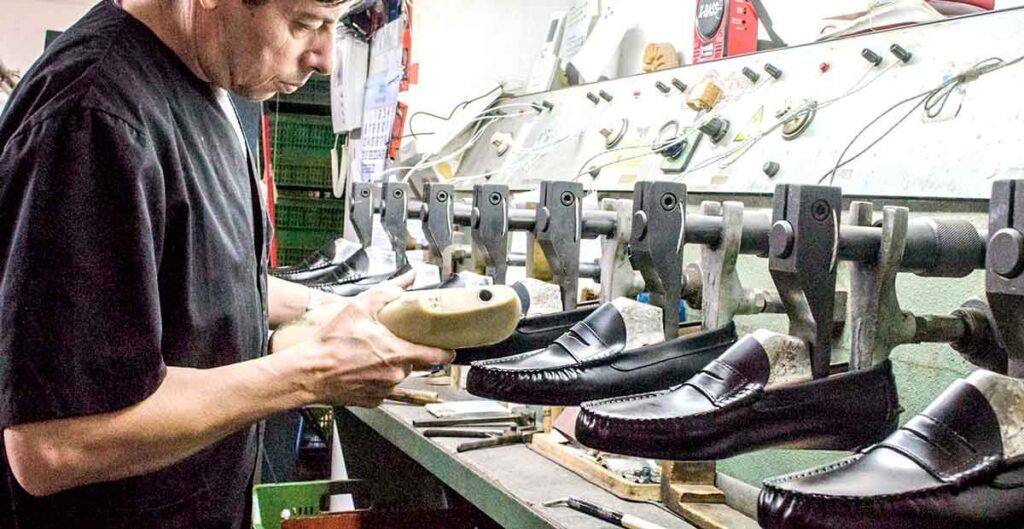In a significant move aimed at ensuring quality standards in the Micro, Small, and Medium Enterprises (MSME) sector, the Indian government has recently included MSMEs in the footwear industry under the ambit of quality control rules. This development highlights the government’s commitment to enhancing the competitiveness of MSMEs and improving consumer protection in the country. The decision comes as a boost for the footwear sector, which plays a vital role in the Indian economy and offers immense growth potential.

MSMEs in the Footwear Industry Included Under the Ambit of Quality Control Rules
The inclusion of MSMEs in the footwear industry within the purview of quality control rules is a proactive step taken by the government. It reflects the acknowledgment of the industry’s significance and the need to maintain high-quality standards for products manufactured by MSMEs. Previously, such regulations were applicable only to larger footwear manufacturers. The expansion of these rules is expected to level the playing field and ensure fair competition while fostering a culture of quality consciousness among MSMEs.
Benefits Of New Rules For MSMEs Footwear Industry:
The move holds numerous benefits for MSMEs operating in the footwear sector. First and foremost, it will help instill trust and confidence among consumers by ensuring that the footwear products they purchase meet stringent quality requirements. Enhanced quality control measures will lead to a reduction in product recalls, returns, and customer complaints, thereby improving the overall reputation of MSMEs. This, in turn, can open doors to increased market share and expansion opportunities both domestically and internationally.
Furthermore, complying with quality control rules can enhance the export potential of MSMEs in the footwear industry. As India aims to become a global manufacturing hub, the adherence to quality standards will bolster the credibility of Indian footwear products in the international market. It can pave the way for collaborations with foreign buyers, thereby increasing export volumes and foreign exchange earnings.
Collaborative Approach:
The government’s decision to include MSMEs in the footwear industry under quality control rules is a testament to its commitment to fostering a collaborative approach. The move indicates the government’s intention to work closely with industry stakeholders, such as manufacturers, associations, and regulatory bodies, to establish and enforce the necessary quality control mechanisms. This collaborative approach will ensure that the rules are practical, feasible, and aligned with the specific needs of MSMEs, while still maintaining the desired quality standards.
Support Mechanisms:
Recognizing the unique challenges faced by MSMEs, the government has also emphasized the provision of support mechanisms. Assistance in the form of technical training, capacity building, and access to finance will be provided to aid MSMEs in meeting the quality control requirements effectively. This support will not only facilitate compliance but also enable MSMEs to upgrade their manufacturing processes, enhance product design and innovation, and strengthen their overall competitiveness.
Conclusion:
The inclusion of MSMEs in the footwear industry under the ambit of quality control rules is a significant step forward in ensuring the delivery of high-quality products to consumers while boosting the growth of MSMEs. By levelling the playing field and fostering a culture of quality consciousness, this move will enhance the reputation of Indian footwear products, drive export potential, and provide MSMEs with access to a wider consumer base. With the government’s collaborative approach and provision of support mechanisms, MSMEs in the footwear industry are poised to thrive and contribute more significantly to the overall growth of the Indian economy.
